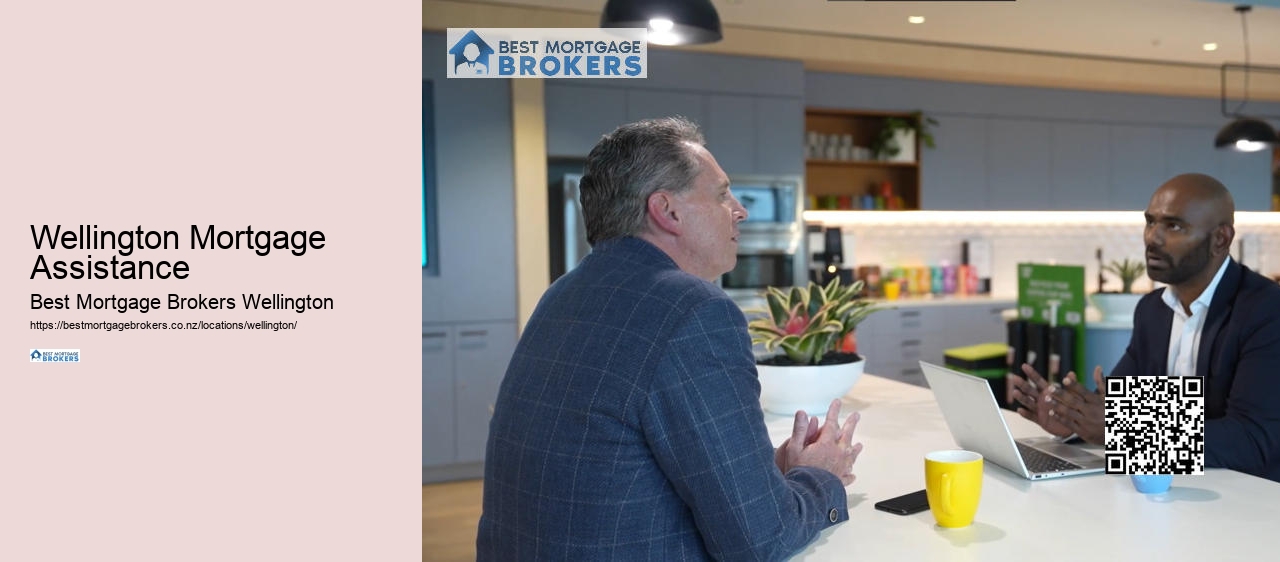

In some cases, lenders may offer specialized mortgage products for individuals with imperfect credit. These options often come with higher interest rates or additional requirements, so it's crucial to weigh the pros and cons carefully. Working with a knowledgeable mortgage broker can help you explore all available options and find a solution that fits your financial situation.
Addressing credit issues is essential for improving your chances of mortgage approval, and a key aspect of achieving financial readiness for homeownership is understanding the importance of budgeting. Budgeting plays a crucial role in managing your finances effectively and demonstrating to lenders that you are a responsible borrower. financial strategies
A well-thought-out budget not only helps you stay on top of your financial obligations but also shows mortgage lenders that you are capable of making timely mortgage payments. Lenders assess your ability to repay a mortgage by analyzing your income, expenses, and existing debts, making budgeting a critical factor in the mortgage approval process.
Moreover, budgeting allows you to save for a down payment, closing costs, and other homeownership expenses, putting you in a better position to secure a mortgage with favorable terms. By demonstrating good financial habits through budgeting, you can enhance your overall financial health and increase your chances of obtaining a mortgage that aligns with your homeownership goals.
When choosing a mortgage, it's crucial to consider the various term options available. Mortgage term refers to the length of time over which you agree to repay your home loan. The most common mortgage term lengths are 15, 20, or 30 years, but there are other options as well.
A shorter mortgage term, such as 15 years, typically comes with higher monthly payments but allows you to pay off your loan faster and save on interest payments in the long run. On the other hand, a longer mortgage term, like 30 years, offers lower monthly payments but results in higher interest costs over the life of the loan.
Some lenders also offer customizable mortgage term options, allowing you to choose a term length that falls between the standard options. This flexibility can be beneficial if you want to tailor your mortgage to better suit your financial situation.
Considering the impact of down payments on your mortgage choice is crucial as it directly influences your financial commitment and overall loan terms. The down payment is the initial amount you pay upfront towards the purchase price of your home.
Typically, the larger the down payment, the lower your loan amount will be. This can lead to lower monthly payments and reduced interest costs over the life of the loan. A higher down payment percentage often results in better interest rates and can also help you avoid additional costs like private mortgage insurance (PMI).
By making a substantial down payment, you can potentially save thousands of dollars in insurance premiums. On the flip side, a smaller down payment means a higher loan amount, which translates to higher monthly payments and increased interest expenses.
You may need to consider factors like your savings, budget, and future plans when deciding on the right down payment for your mortgage. A mortgage advisor can provide personalized guidance based on your unique financial situation to help you make an informed decision.
Property appraisals are crucial steps in the mortgage process. They provide an unbiased estimate of your property's worth, influencing the loan amount you can secure.


Appraisals are conducted by licensed professionals who consider various factors like the property's location, size, condition, and comparable sales in the area. During a property appraisal, the appraiser will visit the property to assess its features and condition. financial advice It's essential to prepare your property by ensuring it is clean, well-maintained, and showcasing any recent upgrades.
The appraised value of your property plays a significant role in determining the loan-to-value ratio for your mortgage. This ratio affects the interest rate, loan amount, and even the requirement for private mortgage insurance.
Navigating the property appraisal process can shed light on the importance of understanding closing costs in your mortgage journey. Closing costs are the fees and expenses you pay when you finalize your mortgage.
It's essential to be aware of these costs as they can significantly impact the total amount you need to close on your new home. As mortgage advisors, we emphasize the significance of budgeting for closing costs early on in the homebuying process.
By understanding these expenses upfront, you can avoid any last-minute financial surprises and ensure a smoother closing process. It's crucial to discuss closing costs with your mortgage broker to get a clear breakdown of all the expenses involved. This transparency will help you plan accordingly and make informed decisions.
Your mortgage advisor can assist you in exploring different options and finding ways to minimize these costs. Remember, closing costs are a vital part of your home purchase, and having a comprehensive understanding of them will empower you to navigate the mortgage process with confidence.
Legal guidance ensures that all aspects of the mortgage agreement are clear and in compliance with the law. property financing A legal advisor can review the terms and conditions of the mortgage contract, ensuring that you fully understand your rights and obligations before signing any documents.
Additionally, legal advice can be particularly beneficial when dealing with any disputes or discrepancies that may arise during the mortgage process. Having a legal expert on your side can help you navigate through negotiations with lenders or other parties involved in the transaction, ensuring that your interests are protected at all times.

Furthermore, legal advice can provide you with peace of mind, knowing that your mortgage transaction is being handled in a legally sound manner. By seeking legal guidance early in the process, you can avoid costly mistakes and potential legal challenges down the line. In conclusion, when it comes to obtaining a mortgage, legal advice is an essential tool to help you make informed decisions and protect your rights throughout the process.
This process involves carefully reviewing important details such as the interest rate, repayment schedule, any potential fees or penalties, and the overall cost of the loan. It is crucial to ask questions and seek clarification on any aspects that may seem unclear to ensure transparency and avoid any surprises down the line.
After ensuring a clear understanding of the terms and conditions with the lenders, the next step involves skillfully negotiating mortgage terms to secure the most favorable deal for your financial situation. This stage is crucial as it directly impacts the overall cost and terms of your mortgage. When negotiating mortgage terms, our team focuses on several key aspects to ensure you get the best deal possible.
By staying informed on the latest developments in the mortgage industry, we can advocate for lower interest rates and more favorable terms that align with your financial goals.

Deposit requirements for a mortgage vary, but it's common for lenders to ask for a percentage of the property's purchase price. Our brokers can provide insights into deposit expectations and help you find mortgage options that align with your financial capacity.
Typically, initial consultations with mortgage brokers are free of charge. Brokers aim to understand your needs and provide guidance on the mortgage process during this stage. Any potential fees and costs associated with the mortgage application will be discussed transparently.
A good affordability score depends on various factors, including income, debt, and the lender's criteria. Our brokers can guide you on improving your affordability profile and securing the best mortgage terms.
Some banks prefer to offer mortgages directly without involving brokers. However, the majority of banks work with brokers. Our brokers have access to a wide network, including those lenders that collaborate with brokers.